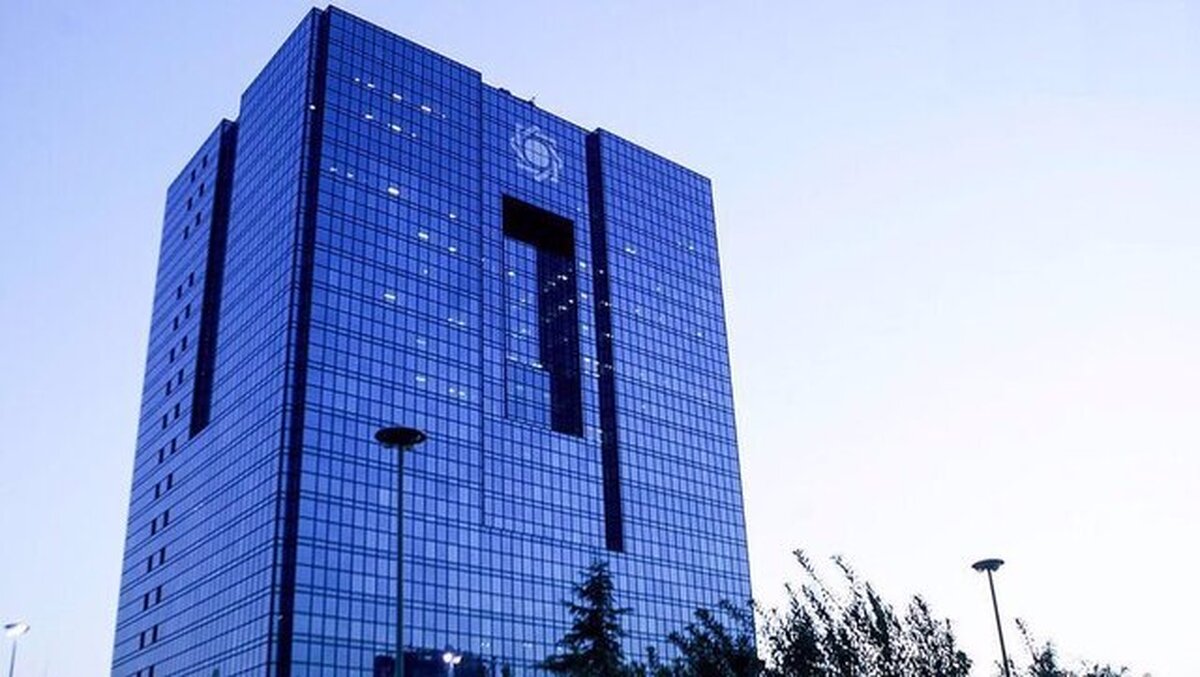
Iran Sinks in Global Business Resilience Ranking
EghtesadOnline: Iran has dropped five places from last year to 125 in this year's business environment resilience index.
The country scored 21.1 out of 100 (0 representing lowest resilience and 100 the highest) to be ranked 125th among 130 economies, according to the 2020 FM Global Resilience Index, an annual ranking published by FM Global, an international commercial property insurer headquartered in the US.
In 2016, the country scored 20.2 and ranked 125; in 2017, its score improved to 23.1 and it ranked 122. Once again in 2018, the country’s score increased to 25.1 and it ranked 121. But in 2019, the country’s score dropped to 24.5 and it came in 120.
The FM Global Resilience Index is an equally-weighted composite measure of three core resilience factors: economic, risk quality and the supply chain. Each factor comprises four core drivers. Scores are bound on a scale of 0 to 100 with 0 representing the lowest resilience and 100 being the highest resilience.
1. Economic: This factor represents political and macroeconomic influences on resilience. Combining to form this factor are four drivers: productivity, political risk, oil intensity and urbanization rate. Terrorism was found to be highly correlated with political instability, so these two variables are combined into a single driver: political risk.
Iran was ranked 119th in this factor, scoring 13.6, down by nine notches compared to its 2019 standing of 110.
2. Risk Quality: This factor comprises three drivers sourced from FM Global: exposure to natural hazards, natural hazard risk quality and fire risk quality. An additional fourth driver is included to capture the inherent cyber risk of a country.
Iran was ranked 124th in this factor, scoring 10. The ranking remains unchanged compared to 2019.
3. Supply Chain: This factor pertains to the supply chain itself and comprises four drivers: control of corruption, quality of infrastructure, local supplier quality and supply chain visibility.
Iran was ranked 111th here, scoring 31.5, indicating a two-notch decline compared to last year’ 109.
With 100 points, Norway remained in first place for the fifth consecutive year. Switzerland stood at second place with 98.8 points, followed by Denmark (98.4), Germany (97.5) and Sweden (95.4) to complete the top five.
The bottom five countries were Lebanon with 20.7 points, Chad 19.5, Ethiopia 13.8, Venezuela 8.9 and Haiti with zero points.
Kevin Ingram, executive vice president and CFO of FM Global, said especially after a crisis like Covid-19, resilience is critical for people, countries and businesses.
“A country’s ranking in the 2020 FM Global Resilience Index is a good indication of how its business environment will fare and how quickly organizations there might rebound after taking the economic blow of coronavirus.”
“These are critical insights for businesses making far-reaching choices, as they build facilities, extend supply chains and cultivate new markets.”
In addition to outlining the post-pandemic business landscape, the FM Global Resilience Index stands as a dynamic reminder that conventional business risks, such as hurricanes, flood, drought, fire, earthquakes, cyberattack, oil shocks and political upheaval, continue to threaten operations and overall value.
“A unique event like a contagious viral disease unfortunately does not preclude other terrible events,” said Ingram. “Only diligent, rational risk-and-resilience analysis and loss prevention is sufficient for preserving a company’s value through chaos.”


